30, April 2025
Mali coup leader wins backing to be president for next five years 0
Mali’s military leader Gen Assimi Goïta has won the backing of key political allies to be declared president for the next five years.
The 41-year-old, who has seized power twice, was named transitional president after his last coup in 2021.
At the time he promised to hold elections the following year – but has since reneged, in a blow to efforts to restore multi-party rule in the West African state.
A national conference organised by the regime – but boycotted by leading opposition parties – has now recommended naming Gen Goïta president until 2030.
He has not yet commented on the recommendation, but the conference was seen as an attempt to legitimise his bid to remain in power.
Over the weekend, an opposition leader, Mohamed Salia Touré, told the AFP news agency that suppressing the multi-party system would be a “historic error”.
On Wednesday, Amnesty International said it denounced what it described as a “proposal to dissolve all political parties in Mali”.
The rights group’s Sahel researcher, Ousmane Diallo, said he was “alarmed by the proposition” and that such a move “would be a flagrant attack on the rights to freedom of expression and association”.
It is unclear if the conference proposes to dissolve all political parties, or only those that fail to comply with certain requirements.
The conference also recommended suspending anything to do with elections until there was peace in the country, according to a document seen by AFP.
The military government has been trying to quell jihadist violence unleashed by groups linked with the Islamic State (IS) and al-Qaeda.
Since taking power, the junta leader has formed an alliance with coup leaders in neighbouring Burkina Faso and Niger, pivoting the region towards Russia after drastically reducing ties with former colonial power France.
Gen Goïta has also withdrawn Mali from the regional grouping Ecowas over its demands to restore democratic rule. Burkina Faso and Niger have also left the grouping.
He first staged a coup in August 2020 overthrowing then-President Ibrahim Boubacar Keïta after huge anti-government protests over his rule and his handling of the jihadist insurgency.
Gen Goïta handed power to an interim government that was to oversee the transition to elections within 18 months.
He had sought to lead that government, but Ecowas insisted on a civilian leader.
Unhappy with the performance of the civilian transitional arrangement, he seized power again in May 2021.
He was a colonel at the time, but became a five-star general last year.
Source: BBC
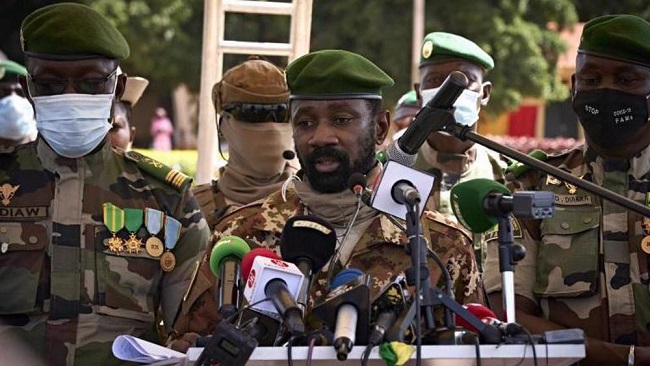
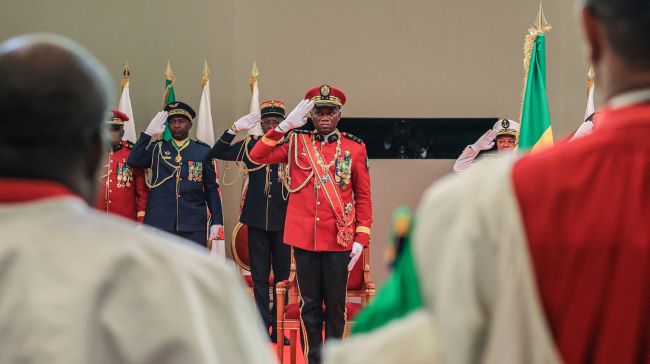
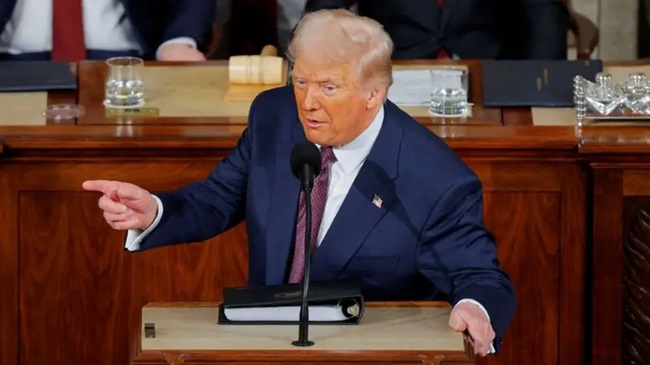




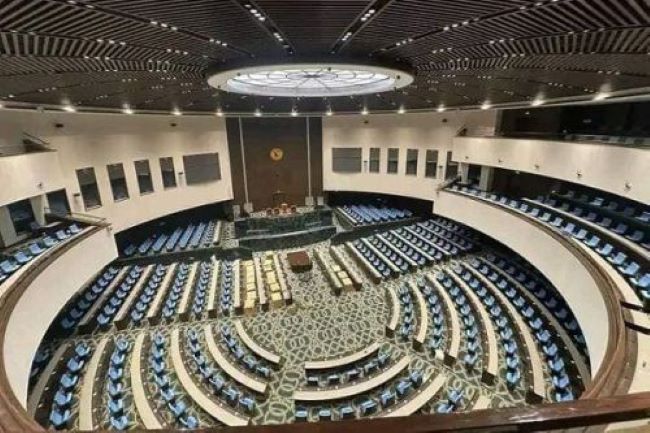
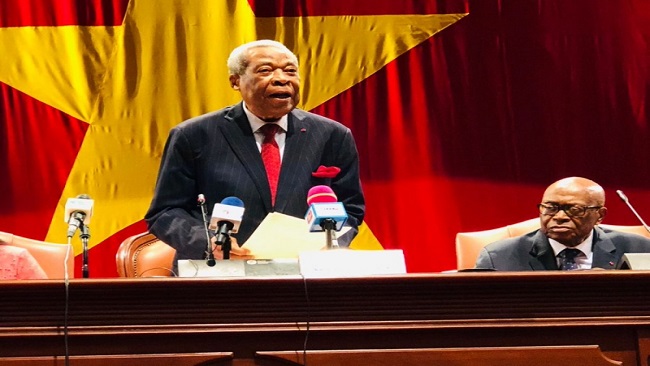






















3, May 2025
Togo: His family has ruled for 58 years and he is now going to rule for life 0
The Togolese leader, Faure Gnassingbé, has been sworn in as “President of the Council of Ministers” – a new post which is the highest office in the government’s executive branch and has no official term limits.
This follows constitutional reform that ended presidential elections, and introduced a parliamentary system.
The opposition said the change was in order to allow President Gnassingbé to stay in power indefinitely.
His family has ruled the country for 58 years – Faure Gnassingbé took over in 2005 from his father, Gnassingbé Eyadéma, who had ruled for almost four decades.
This latest change results from a new constitution approved by lawmakers last year, labelled by critics and opposition figures as an “institutional coup d’état”.
Gnassingbé’s government had paused some of the changes following huge backlash, but has moved ahead with his new role.
Togo’s municipal elections in July will be the first under the new constitution, which has replaced the presidential system with a parliamentary one.
In theory, the role of president of the republic is now only an honorary title, but analysts say Gnassingbé’s power is more entrenched than ever with his new post of council president.
His party, the Union for the Republic, won a huge majority in last year’s parliamentary election, taking of 108 out of 113 seats in the National Assembly.
Source: BBC